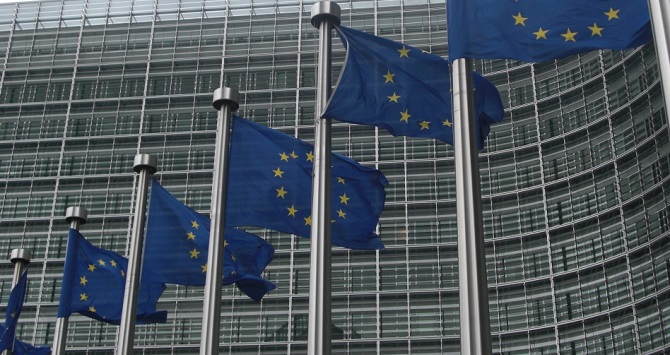By Damian Tambini
Ofcom’s analysis of the implications for plurality of the proposed merger between News International and BSkyB met a mixed reception at this gathering of experts. Many of them were of the view that the evidence is of limited use because the decision will be – rightly in their view – ultimately a political decision, which should be made by accountable politicians rather than regulators.
This is broadly true, but should be qualified on a couple of grounds. First, the evidence matters because the politicians can be held to account in the courts if they do not have proper regard to the evidence. Second, there are reasons that we have to have a clear research and evidential basis to politicians’ decisions on the media: because politicians more than anyone rely on the reputation control that news media provide. This is why the legislative framework in the form of the Communications Act 2003 in some ways insulates politicians from the process – if only by ensuring that the advice they receive from regulators is fully available to the public.
So if the evidence does matter, what did the experts gathered at City University make of it? Broadly they were unable to punch any holes in it. Ofcom have not developed an overarching plurality index, but they have identified a series of useful proxies. David Elstein and others did raise some questions about what relative weight newspaper consumption should be given. Apparently if you vary this value this has significant impact for one of the Ofcom indices. This is true, but it was argued by Streve Barnett and others that newspaper consumption is much more focused and consequential than TV viewing, which undermines Elstein’s position (see this note by Elstein on the City University symposium). But broadly the view of the room as a whole was that the Ofcom figures did justify their advice to refer the merger to the Competition Commission for an Inquiry.
Interestingly, Elstein’s note, which was circulated after the meeting makes the point that Sky could engage in ‘license hand back’ – the ultimate threat of any broadcaster. But he does not look in to whether Sky would take that brand ‘hit’ associated with losing the prominent news broadcaster. Sky may not be popular enough to engage in the moral high ground grandstanding that he suggests.




